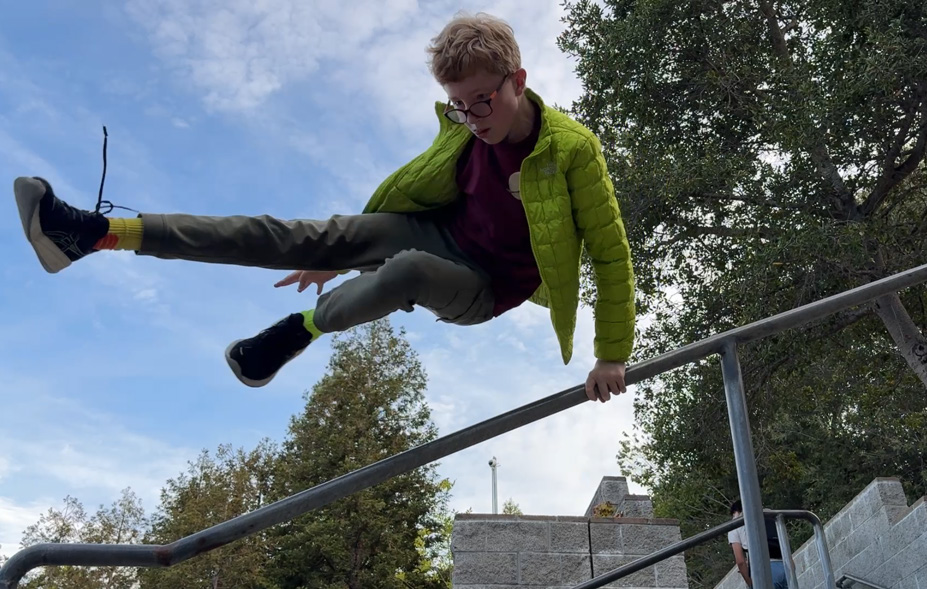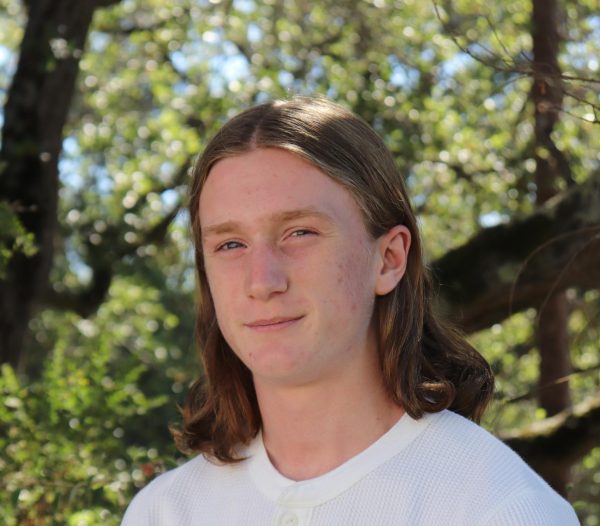On Jan. 20 President Donald Trump enacted 26 executive orders and rescinded 78, according to the New York Times and Washington Post. These executive orders covered issues like immigration, gender, diversity, equity, and inclusion (DEI), the environment, and tariffs.
Additionally, Trump signed an order to end birthright citizenship for the children of undocumented immigrants and people on temporary work, student, and tourist visas. This challenges an existing precedent within the 14th Amendment of the US Constitution unilaterally granting citizenship to all people born on U.S. soil. The children of immigrants born in the US have been guaranteed citizenship since the 1898 United States v. Wong Kim Ark Supreme Court case. The order has been challenged by numerous lower courts and temporarily blocked by U.S. District Judge John Coughenour, according to the Associated Press.
“I think that a big part of America is supported by migrants and people coming to the United States to make it a better place,” senior Henry Horsley said.
“I’m glad there are checks and balances, so he doesn’t abuse his power and try to change the Constitution by himself,” senior Toby Fleischer said.
Senior Ella Hughes felt strongly about the perceived intent of the order.
“[Expletive] Trump, is basically my opinion on that,” Hughes said of the order. “As somebody who comes from a family of immigrants, I find it really uniquely offensive that Trump is so anti-immigrant, and not just that he’s anti-immigrant, it’s that he’s a white supremacist.”
One of his most immediately visible orders halted the ban on TikTok for 75 days in order to consult with federal agencies to determine the best course of action to protect national security. The ban, put in place during the former U.S. President Joe Biden’s administration was challenged by ByteDance, TikTok’s parent company, and upheld by a Jan. 17 Supreme Court ruling. This puts Trump’s executive order in conflict with the bipartisan “Protecting Americans from Foreign Adversary Controlled Applications Act” passed in April of 2024 as well as the unanimous Supreme Court decision upholding it.
“I think he’s being really hypocritical that he’s like ‘hey guys, actually, I love TikTok’ and it’s literally his people that he’s like making vote on it. I think it’s stupid,” sophomore Juliet Bishop said.
Among the targets of Trump’s anti-DEI campaign is the military. Trump signed an executive order “ending radical and wasteful government DEI programs,” which, among other things, removes all DEI initiatives from the US military.
Hughes, a member of three different DEI initiatives on campus, said they suspected ill intent in the order.
“[Trump] wants the military of the United States to look and think a certain way. He wants a military that is not afraid to be violent towards people of color, violent towards minorities, so he is eliminating any educational factors that would potentially diversify the opinions in the military or result in education about the oppression of those people,” they said.
Horsley held an opposing viewpoint.
“I think [the order] makes sense. I think that the military should reflect the make-up of the United States as a whole and that it should be that people who wish to join the military will join the military,” he said.
An additional executive order endeavored to open Alaska, a state rich in oil but largely protected by federal conservation efforts, to drilling.
“My mom is from Alaska and I visited last summer. I like it without giant oil rigs and drills,” Fleischer said.
The president also signed an executive order removing the U.S. from the Paris Agreement, a pact signed by every country which works to keep global temperature rise below two degrees above pre-industrial levels. The executive order cited the threat of climate policy under the agreement to American free-market growth. Upon withdrawal, the US became the only country not to sign, while contributing to a quarter of the world’s greenhouse gas emissions since 1750, according to Statista.
“Trump just wants to help the billionaire class. We know that he favors the upper class over middle and lower class Americans, like with his tax policy, for example. I think this is just another way for him to help the billionaires,” senior Aman Jajodia said of Trump’s environmental policies.































Erica Padgett • Feb 10, 2025 at 11:53 pm
That is not what he is or what he is doing! Lmao! Hilarious! You guys hate him so much and just put together whatever fits the agenda for you! You need to open your eyes and pay attention the the truth and see everything for what it is and stop believing everything you hear! Put that brain of yours to work and do some actual research! I’m so tired of the negativity you guys just spew out it’s ridiculous how you all try to sabotage this man with NO FACTS OR TRUTH! You need to take a look at your side and research everyone of them and see the truth! A pair of lips will say anything but facts are facts and seems everyone has forgotten that and live in a fairy tail! You have NO FACTS TO BACK UP THE BS YOU WRITE! None! Read some stuff and stop listening this is crazy! And you are a boy!